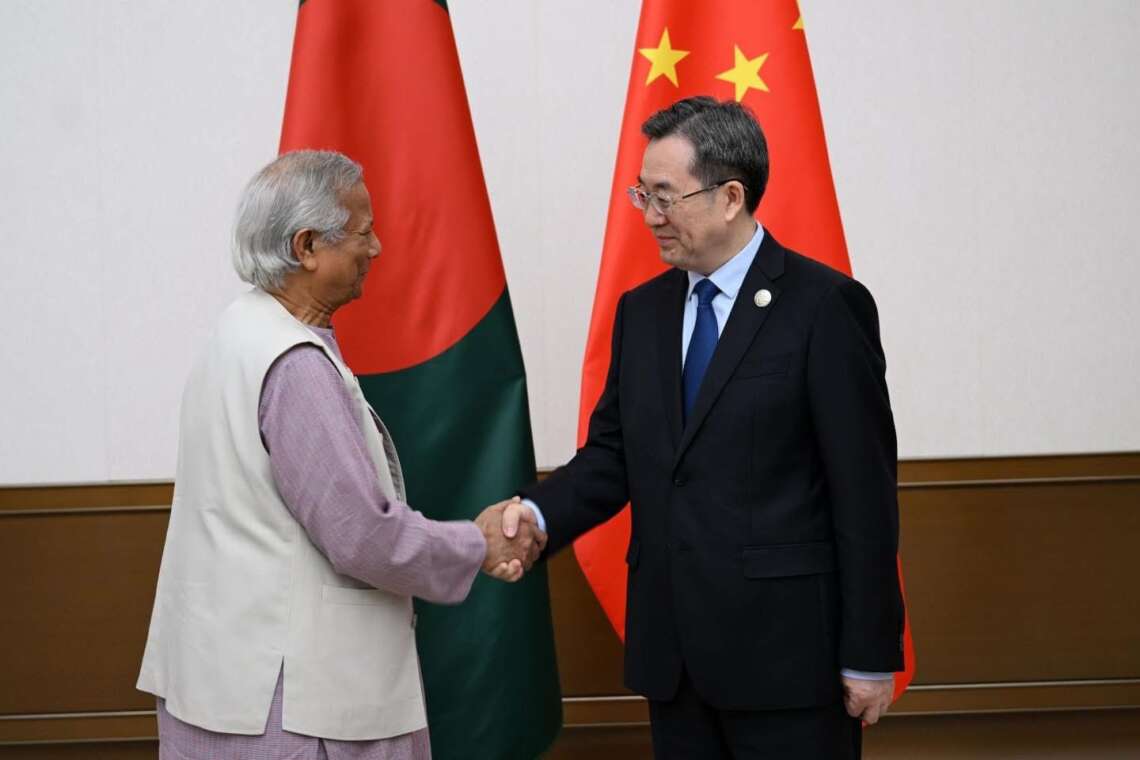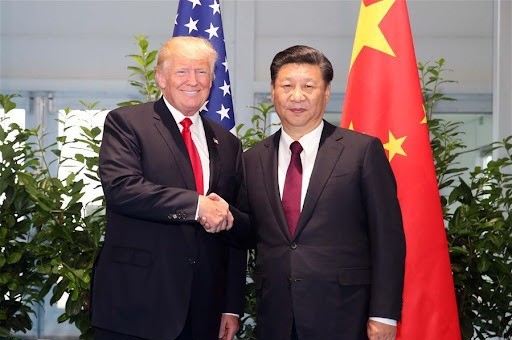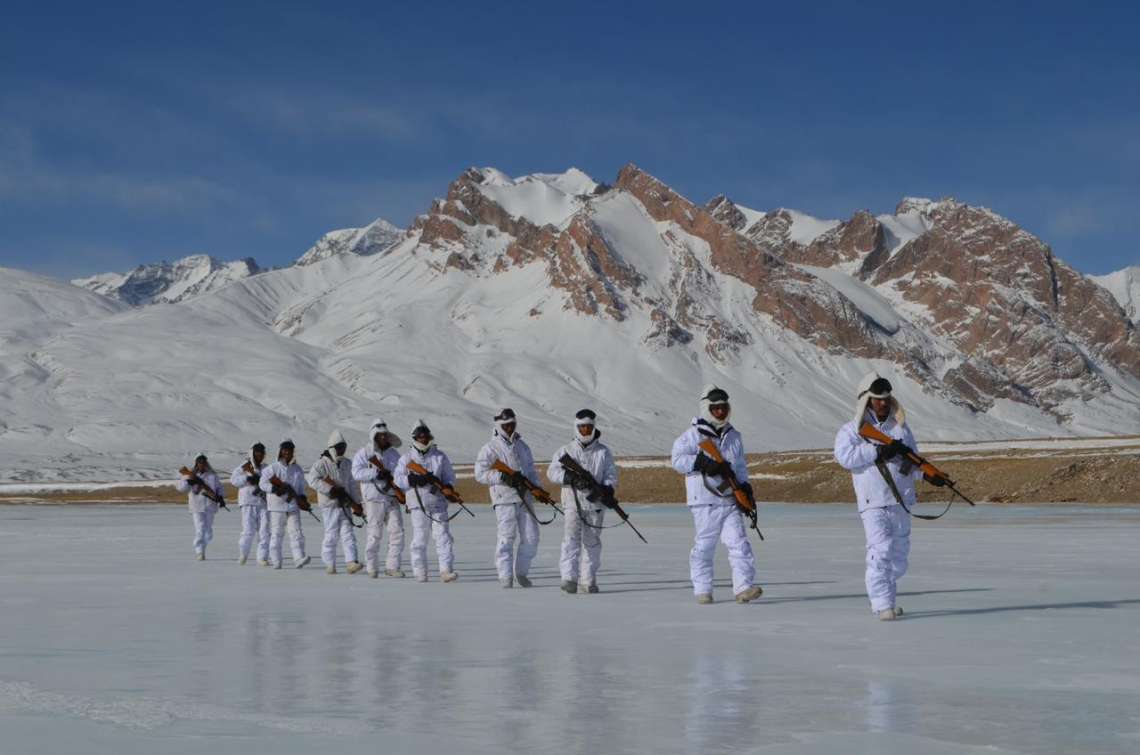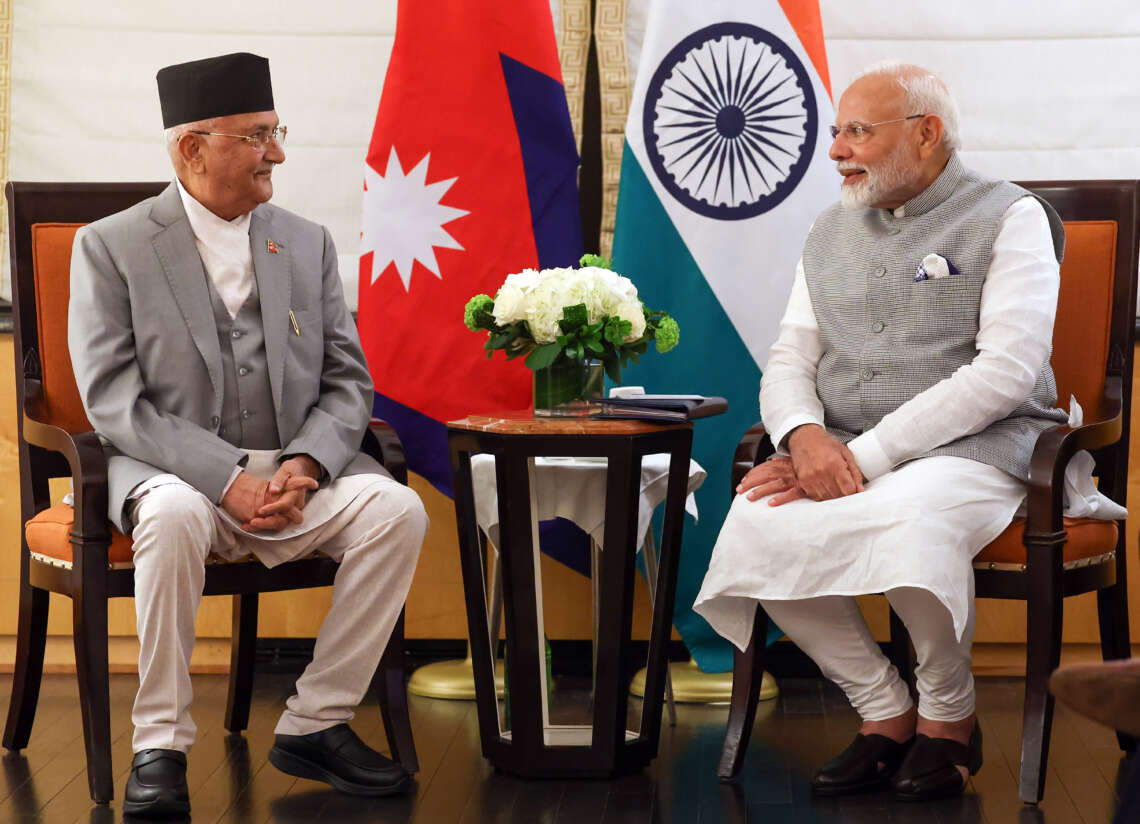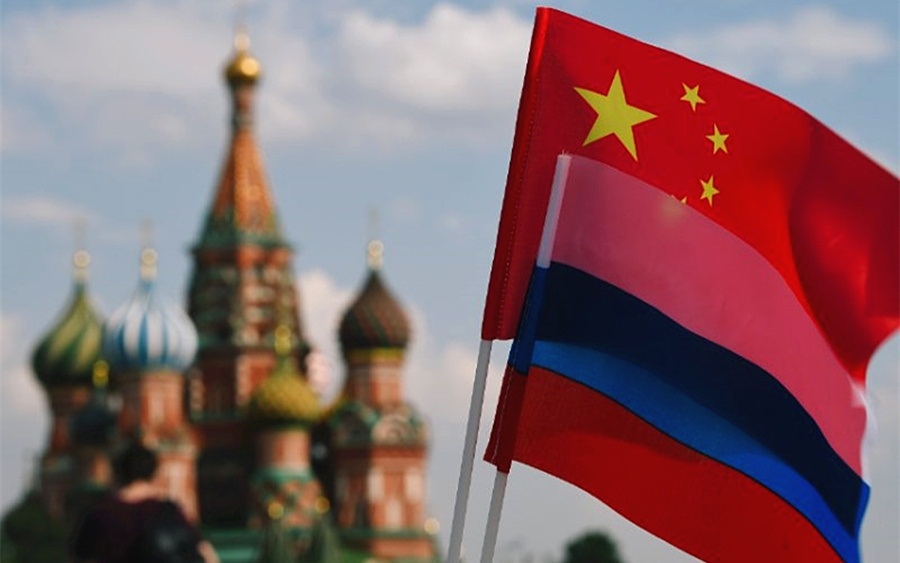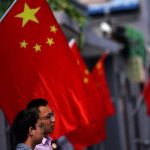The Bangladeshi leader’s visit comes as Indian Prime Minister Narendra Modi reiterated the importance of mutual sensitivity and cooperation in a letter to Yunus on the occasion of Bangladesh’s National Day.
Bangladesh’s Chief Adviser Muhammad Yunus arrived in China’s Hainan province for a four-day visit, marking a significant diplomatic engagement between the two nations. His visit comes as Indian Prime Minister Narendra Modi reiterated the importance of mutual sensitivity and cooperation in a letter to Yunus on the occasion of Bangladesh’s National Day.
Yunus, who landed in Hainan at 4:15 pm (Bangladesh Standard Time), was received by Bangladesh’s Ambassador to China, Md. Nazmul Islam, and Hainan province’s Vice Governor at Qionghai Bo’ao International Airport.
During his visit, Yunus is scheduled to hold bilateral talks with Chinese President Xi Jinping on March 28, with several agreements expected to be signed between the two countries. He will also attend and speak at the Boao Forum, often referred to as the “Davos of the East,” where global leaders and CEOs gather to discuss pressing international issues. The session, titled Asia in a Changing World: Towards a Shared Future, will also feature China’s executive vice premier.
Earlier this month, China’s Ambassador to Bangladesh, Yao Wen, described Yunus’ visit as one of the most significant in the 50-year-long relationship between the two “trustworthy and close friends.” Yao Wen also confirmed that Peking University would confer an honorary doctorate upon Yunus, who will deliver a speech at the institution.
In addition to diplomatic discussions, economic cooperation is also on the agenda. Chinese solar panel manufacturer Longi has announced plans to establish an office and invest in solar panel production in Bangladesh. This development follows Yunus’ invitation to Chinese firms to relocate manufacturing plants to Bangladesh as part of the interim government’s economic strategy.
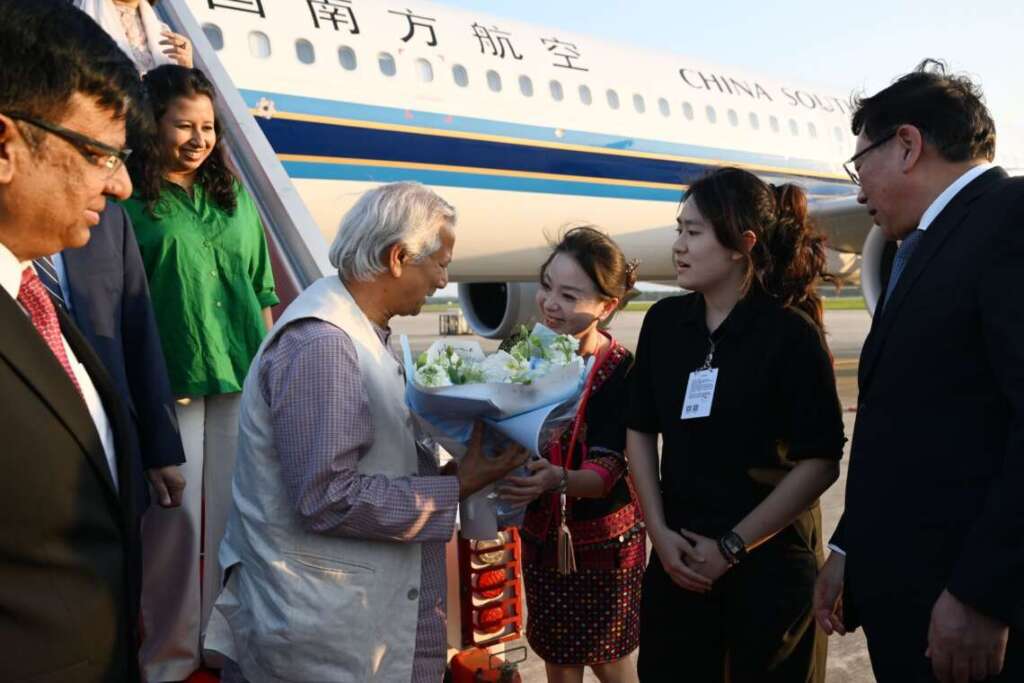
Modi Stresses Stronger India-Bangladesh Ties
As Yunus engages in high-profile meetings in China, Prime Minister Narendra Modi reaffirmed India’s commitment to strengthening ties with Bangladesh. In a letter to Yunus, Modi highlighted the shared history of the two nations, particularly the Bangladesh Liberation War, and underscored the importance of “mutual sensitivity to each other’s interests and concerns.”
“I extend my felicitations to you and the people of Bangladesh on the occasion of the National Day of Bangladesh,” Modi wrote. “This day stands as a testament to our shared history and sacrifices that have laid the foundation of our bilateral partnership. The spirit of the Liberation War of Bangladesh continues to remain a guiding light for our relationship, which has flourished across multiple domains, bringing tangible benefits to our peoples.”
Modi reiterated India’s commitment to advancing bilateral relations, aiming for peace, stability, and prosperity in the region. President Droupadi Murmu also sent her greetings to Bangladesh’s President Mohammed Shahabuddin, reaffirming India’s support for a democratic and progressive Bangladesh.
Geopolitical Tensions and India’s Concerns
Ties between India and Bangladesh have been under strain since the change in leadership following the ousting of the Awami League government, which forced former Prime Minister Sheikh Hasina to flee to India. The interim government, now led by Yunus, has been navigating a turbulent political landscape, with reports of increased attacks on minorities, particularly Hindus.
India has expressed its concerns regarding these developments, with External Affairs Minister Dr S. Jaishankar confirming that New Delhi remains engaged with Dhaka at various levels.
On the occasion of Bangladesh’s Independence Day, Yunus paid tribute to the martyrs of the 1971 Liberation War and the victims of the July 2024 agitation. He condemned the atrocities committed by the Pakistani military on March 25, 1971, and stressed the importance of preserving historical memory. Yunus also highlighted the potential of fostering a joint economy involving Bangladesh, India, Nepal, and Bhutan.
With Yunus’ China visit coinciding with India’s diplomatic outreach, regional observers are closely watching how these engagements shape Bangladesh’s geopolitical alignments and economic future.


